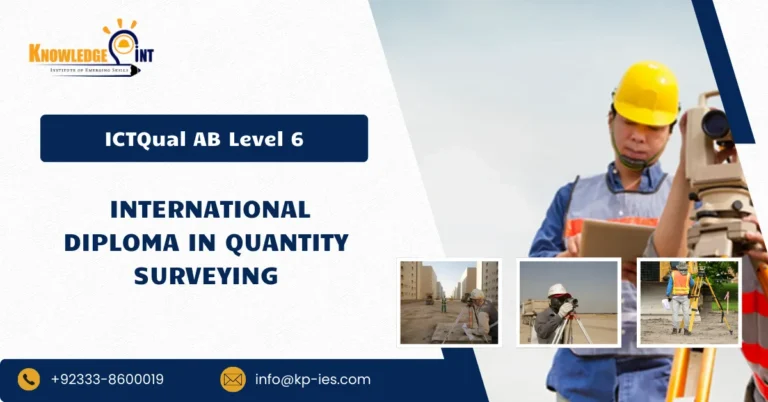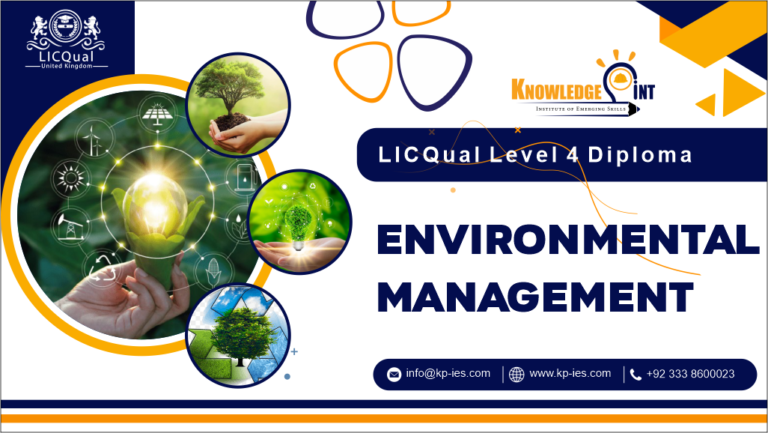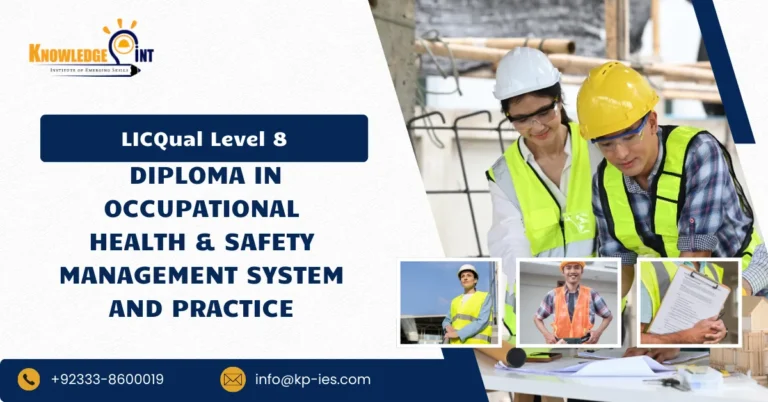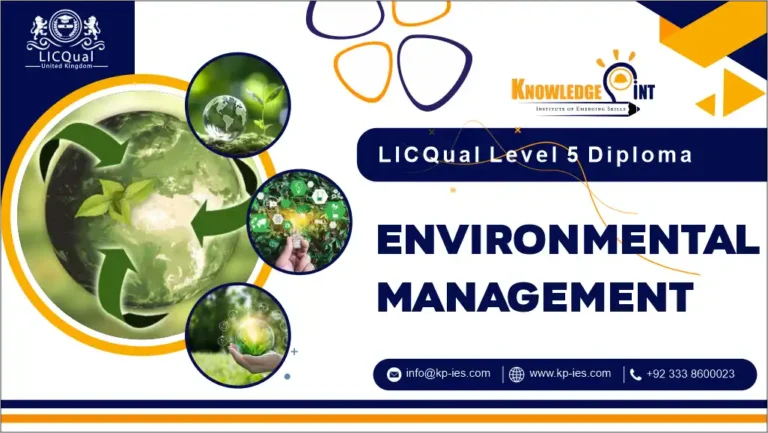OSHAA 30-Hours Professional Diploma
Waste Management
Awarding Body
OSHAA
Duration
30 Hours
Course Type
Management
study mode
Online Learning
Course overview
The OSHAA 30-Hours Professional Diploma in Waste Management is a comprehensive program designed for individuals seeking expertise in effective, sustainable, and compliant waste management practices. As environmental concerns grow globally, industries, organizations, and communities are placing increasing importance on reducing waste, promoting recycling, and implementing sustainable strategies. This diploma equips learners with practical knowledge in waste handling, segregation, recycling, disposal, and safe operational practices while fostering awareness of environmental regulations and legal responsibilities.
The course combines technical theory with hands-on applications, covering key areas such as waste classification, collection and transport systems, landfill management, and modern recycling methods. Participants also learn strategies for sustainable waste minimization, helping organizations reduce costs, protect public health, and conserve natural resources. Additionally, the program provides insight into international environmental laws and industry standards, ensuring learners understand their responsibilities in professional settings.
By completing this diploma, learners are prepared to pursue careers in waste collection, environmental services, facility management, or sustainability departments. It is suitable for newcomers to the industry as well as experienced professionals seeking to upskill. This qualification empowers individuals to contribute to safer, greener, and more sustainable waste management practices, making a meaningful impact in both workplaces and communities.

satellite centre of Paradigm Us
For OSHAA Qualifications

Entry Requirments
Entry Requirements for the OSHAA 30-Hours Professional Diploma in Waste Management:
- Educational Qualifications:A minimum of secondary school education (high school diploma or equivalent) is required. Basic literacy and numeracy skills are necessary to understand course materials, regulatory requirements, and waste management procedures.
- Professional Experience:While prior experience in waste management or environmental services is not mandatory, applicants with work or volunteer experience in sanitation, recycling, facility management, or sustainability roles will find the course particularly beneficial.
- English Language Proficiency:Since the program is delivered in English, learners must show competence in reading, writing, and communication.
Course structure
The OSHAA 30-Hours Professional Diploma in Waste Management qualification consists of 8 mandatory units.






